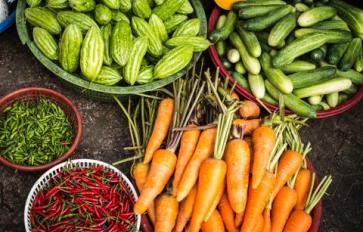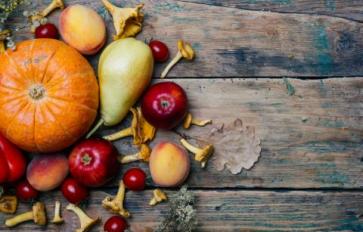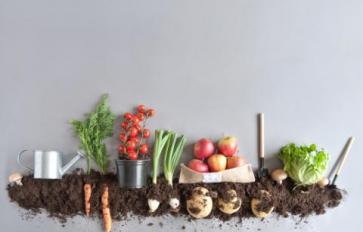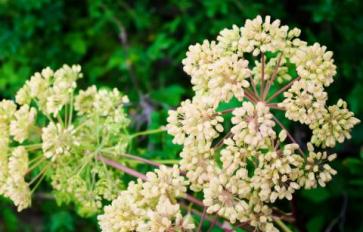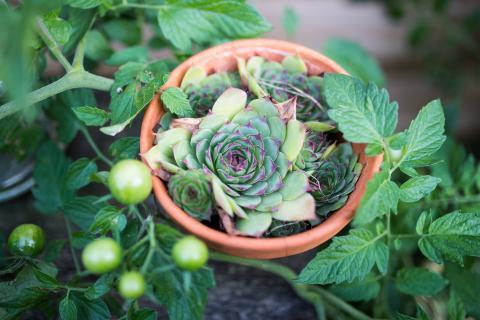
Gardening is an extremely rewarding hobby that can really save you money in the long run if you have a green thumb. Instead of buying herbs, produce, and vegetables from the store, you can just grow them yourself.
However, beginners at gardening often make mistakes without realizing it, which is why it’s important to do your research before you get started. If you prepare accordingly, your garden will flourish. Here are seven tips that will help you start out your gardening journey on the right foot.
1. Start With a Small Garden
While there’s nothing wrong with dreaming about a garden that spans the length of your backyard, you should start with something a little more manageable. A large garden will require a lot more maintenance, water, and fertilizer than a small one.
Start by choosing a type of plant and create a small area to establish your garden. Build up from there once you’ve grown some plants. You can expand your garden the following season if everything goes well.
2. Try Seedlings
While many gardeners start with seeds and anxiously wait for them to grow, beginners may not want to start with this step. Seeds need to be germinated and then transplanted into their final space. Depending on the weather, the soil, and the amount of water, things can go wrong before the plant even begins to grow.
During your first year of gardening, it may be beneficial to use seedlings instead. These are plants that have already begun growing and passed the stage where sudden weather changes can cause serious issues.
3. Prepare the Soil
Plants need water, but beginners may not know that they also need food. The soil you plant them in must have nutrients like phosphorus and potassium, or the plant won’t grow properly. For some gardeners, this involves the use of fertilizer, but there are other ways to make the soil nutritious for your plants.
A great way to fertilize the soil without buying fertilizer is to create compost by mixing things into the soil and allowing them to naturally decompose.
When you’re making compost, try using these things:
- Fruit peels
- Vegetable scraps
- Coffee grounds
- Egg shells
- Tea bags
- Yard greens
- Paper napkins and towels
4. Choose a Mixture of Annuals and Perennials
When you choose which plants to put in your garden, it’s important to understand the difference between annuals and perennials. Annuals are plants that grow, bloom, and die within a single year. Perennials, on the other hand, come back each year.
While you should absolutely plants things you want to grow, make sure you pick a nice mixture of annuals and perennials. This way you’ll have a variety of plants in your garden and longevity beyond a single season.
5. Limit Aggressive Plants
The placement of your plants plays a big role in your success. Certain species of plants can be aggressive and will spread their roots across the garden. This could kill other nearby plants and sabotage part of your garden.
To keep aggressive plants in check, try planting them inside of a plastic container. Cut out the bottom of the container so the roots have somewhere to go. Instead of spreading out, the container will funnel them down beneath other nearby roots.
6. Pick up the Right Tools
A gardener cannot be successful without the proper tools. While you don’t need to break the bank for your first season, you should be aware of the proper equipment that a beginner will need.
Here are some of the tools to have on hand:
- Gloves: Choose a pair that fits well and gives you a good grip. You’ll need these to protect your hands from thorns or sharp objects.
- Shovel: You need a sturdy shovel for digging holes and cultivating your garden area.
- Garden hose/spray nozzle: A good hose and spray nozzle will help you water the entire garden area.
- Pruner: A small pair of clippers will let you trim plants and branches.
- Metal rake: Use the rake to spread mulch and till the soil so it’s ready for planting.
7. Analyze Your Space
Take some time to properly understand your gardening space. Walk around during the day and take note of the places where sunlight is plentiful. Test your soil for any impurities or lead that could affect anything edible that you grow.
Make a list of plants already present in the area and which ones you will need to get rid of to make space for your new ones. Things like this will help you establish a good foundation for your garden.
Are you a gardener? What tips would you offer for beginners? Let us know in the comments!





